Your guide to detoxification, relaxation, & wellness routines
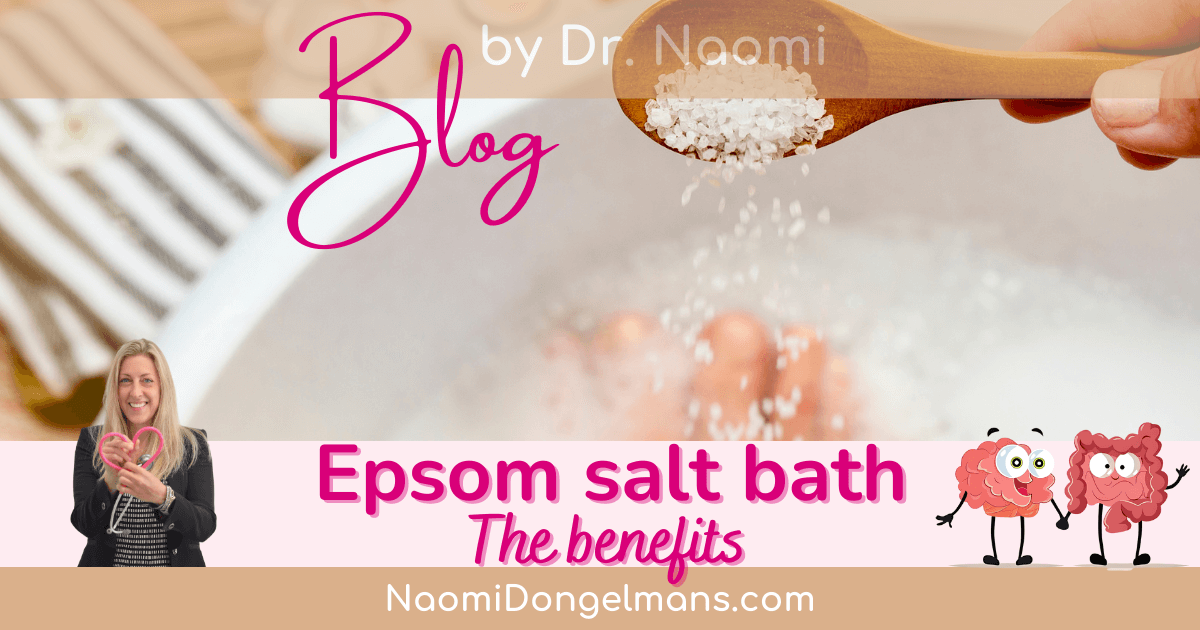
You’ve likely heard of Epsom salt, but do you truly know its benefits? This versatile mineral compound, scientifically known as magnesium sulfate, is more than just a bath additive. Epsom salt has been utilised for centuries for a multitude of health benefits, from soothing sore muscles to enhancing skin health. In this blog, we’ll explore the uses of Epsom salt, its science-backed benefits, and how you can easily incorporate it into your wellness routine.
PS: Spent a lot of time in the sun today? Treat yourself to a soothing nighttime Epsom salt footbath! Read on to find out why.
Contents
What is Epsom salt?
Epsom salt is a naturally occurring mineral compound found in mineral springs. Its name comes from a bitter saline spring in Epsom, Surrey, England. Unlike regular table salt (sodium chloride), Epsom salt is composed of magnesium and sulfate. When dissolved in warm water, it releases magnesium ions, which can dramatically enhance well-being.
Why Epsom salt baths are essential for detoxification
Nowadays, everyone experiences too much stress and we are bombarded with toxins from every direction - through the food we eat, the air we breathe, and the medications we take. Sure, our bodies are designed to handle detoxification naturally, but the sheer volume of toxins today is far greater than it was 30 years ago. This overload can really take a toll, making detoxification not just beneficial but essential. It's not a matter of "if," but rather "when again?".
One of the simplest and most effective ways to help your body detox is by taking an Epsom salt bath.
It is imperative to improve our body's capacity to detoxify and dispose of waste, while limiting our introduction to toxins. A detox bath is one of the best healing therapies that facilitates and enhances the natural detoxification process of our bodies. Let’s have a look at the various health benefits of the detox bath.
Health benefits of an Epsom salt detox bath
Eases stress
Stress negatively impacts your mind, body, and soul. An Epsom salt bath has a calming effect, helping to relax your muscles and soothe your mind. Magnesium plays a critical role in the production of neurotransmitters that regulate mood and reduce stress. Stress also leads to increased magnesium loss, resulting in a deficiency. In turn, this magnesium deficiency can increase the body's sensitivity to stress, creating a vicious cycle.
Improves sleep & concentration
The relaxing properties of Epsom salt promote a good night's sleep and aid in better concentration and focus during the day. Magnesium is essential for regulating melatonin, the hormone responsible for the sleep-wake cycle, and it relaxes muscles, including the small muscles in your arteries, reducing blood pressure. Regular detox baths can improve sleep quality and enhance mental clarity. Research shows that magnesium positively affects sleep quality and duration.
Better functioning of the nervous system
Soaking in an Epsom salt bath relaxes the nervous system, enabling it to command all body organs more effectively.
Regulates enzyme activity
A detox bath supports your body's natural detoxification system by regulating enzyme activity. This positively affects processes like digestion and waste removal. Magnesium activates enzymes that help eliminate toxins and convert nutrients into energy.
Fluxes toxins
Epsom salt aids your body in excreting toxins more efficiently, resulting in a healthier and more vital body. Sulfate components in Epsom salt play a key role in the liver's detoxification pathways. Various studies underscore the importance of sulfate in the body’s detoxification processes, and conversely, low magnesium levels have been linked to liver problems, especially in older adults.
Pain relief for headaches, cramps, & spasms
Thanks to its muscle-relaxing properties, Epsom salt can help alleviate headaches, cramps, and muscle tension. Magnesium is well-known for its ability to reduce muscle pain and inflammation. This is especially beneficial after a day in the sun when your body craves extra magnesium. Excess sun exposure can cause magnesium loss through sweating, and this mineral is crucial for relaxing muscles and reducing inflammation. Additionally, headaches after a sunny day are often due to dehydration or magnesium deficiency. Magnesium supplementation has also been shown to reduce chronic pain, with documented pain-relieving effects. Magnesium can lessen muscle contractions and modulate nerve conduction, contributing to pain relief; several studies have confirmed its effectiveness in reducing migraine attacks.
Epsom salt for the skin
Epsom salt benefits your body from the inside out, but it can also work wonders for your skin. Due to the anti-inflammatory and hydrating properties of magnesium, Epsom salt can alleviate skin conditions such as eczema and psoriasis. It can reduce itching, soothe the skin, and strengthen the skin barrier.

The link between sun exposure and magnesium
Sunlight plays a vital role in our well-being, yet it can also lead to the depletion of essential minerals, including magnesium. This mineral is crucial for numerous bodily functions, such as muscle relaxation and nerve function. When you spend a lot of time in the sun, your body loses magnesium through sweat. An Epsom salt bath, rich in magnesium sulfate, can help replenish your magnesium levels, alleviating sun-related discomfort. Moreover, magnesium supports vitamin D production, which is essential for bone health, cancer risk reduction, and immune function.
If you want to indulge yourself, consider "floating" in a magnesium bath, which I did when I didn’t have a bathtub. You lie in a magnesium-rich bath in the dark or with light and soothing sounds.
How to use Epsom salt
Epsom salt baths
Ingredients:
- 2 cups of Epsom salt
- optional: 5 drops of lavender essential oil (or whatever you love!!)
- optional: 1 cup of baking soda (yes, the same as you put in your morning ACV-Lemon elixir)
Instructions:
- Fill a tub with hot water to create a perfect sweat-inducing environment for detoxification.
- Add 2 cups of Epsom salt and 5 drops of lavender essential oil to the water.
- Add a cup of baking soda to neutralise chemicals and enhance mineral absorption.
- Immerse your body up to the neck and soak for 20 minutes. Keep your eyes shut and practice breathing exercises to enhance relaxation.
- After soaking, take a cool shower without using harsh soaps or shampoos to let the nutrients absorb.
- Apply a natural moisturiser like coconut oil and avoid eating immediately.
- Drink filtered water and rest to rejuvenate.
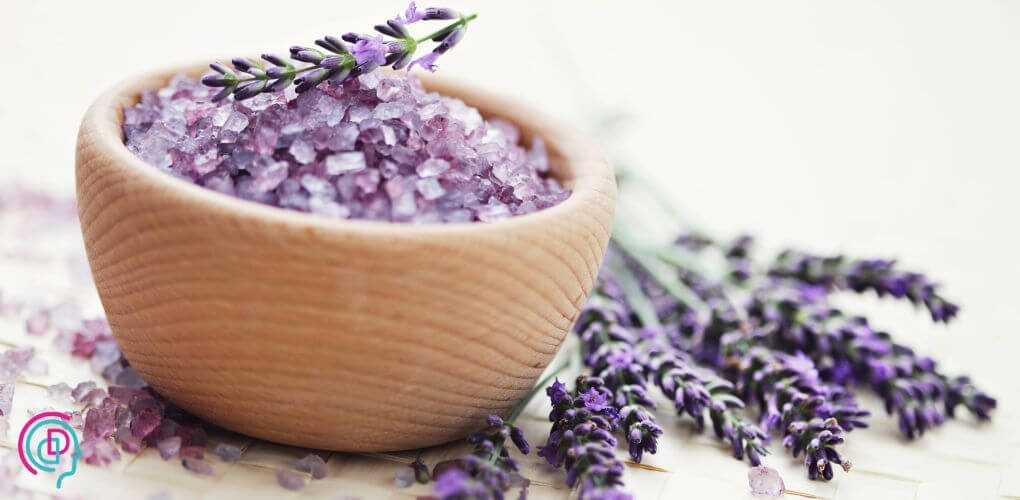
Foot soak
For those short on time, a foot soak can provide similar benefits: Fill a basin with warm water and add 1 cup of Epsom salt. Soak your feet for 15 minutes to relieve tension and reduce swelling.
Scrubs
Epsom salt can also be incorporated into scrubs: Mix Epsom salt with coconut or olive oil for a natural exfoliant. Apply to your skin in a circular motion to remove dead skin cells and stimulate circulation.
Epsom salt in household cleaning
Not only is Epsom salt beneficial for health, but it can also help in household cleaning. Its abrasive texture makes it a natural scrubbing agent. For example, mixing Epsom salt with vinegar can create an effective cleaner for tough stains and grime.
Scientific evidence
Numerous studies have examined the effects of magnesium sulfate on various health conditions. For example, research has shown that magnesium plays a critical role in muscle function and can significantly improve recovery time after intense exercise. Furthermore, findings linking magnesium to improved mood and reduced stress levels lend credibility to the relaxing benefits of Epsom salt baths.
Safety & precautions
While Epsom salt is generally safe for most people, it’s essential to consider a few precautions:
- Allergies: If you experience any adverse reactions, discontinue use immediately.
- Hydration: Always stay hydrated when soaking in Epsom salt to prevent dehydration.
- Medical conditions: Consult your healthcare provider if you’re pregnant, nursing, or have underlying health conditions, as Epsom salt may not be suitable for everyone.
Conclusion
Epsom salt is a remarkable natural remedy that provides numerous health benefits, from stress relief and pain management to skin health and detoxification. With its simple incorporation into your wellness routine, you can tap into its soothing properties and enhance your overall well-being. So next time you’re looking to unwind, consider filling your tub with Epsom salt and let its transformative effects rejuvenate your body and mind.
FAQs
- Can Epsom salt help with weight loss? While Epsom salt itself isn't a weight loss remedy, its ability to relieve stress and promote better sleep can indirectly support weight management efforts.
- How often should I take an Epsom salt bath? For optimal benefits, aim for 2-3 times a week. Adjust according to your personal comfort and skin sensitivity.
- Is Epsom salt safe for children? Epsom salt baths can be safe for children, but it’s best to consult with a pediatrician for guidance on appropriate usage.
- Can I use Epsom salt in a foot spa? Yes! Epsom salt works well in foot spas for relaxation and soreness relief.
- Where can I buy Epsom salt? Epsom salt is widely available at pharmacies, supermarkets, and online retailers.
Ready to transform your health?
Book a FREE call with me today!
Sources:
- Pickering G, Mazur A, Trousselard M, Bienkowski P, Yaltsewa N, Amessou M, Noah L, Pouteau E. Magnesium Status and Stress: The Vicious Circle Concept Revisited. Nutrients. 2020 Nov 28;12(12):3672. doi: 10.3390/nu12123672. PMID: 33260549; PMCID: PMC7761127.
- Zhang Y, Chen C, Lu L, Knutson KL, Carnethon MR, Fly AD, Luo J, Haas DM, Shikany JM, Kahe K. Association of magnesium intake with sleep duration and sleep quality: findings from the CARDIA study. Sleep. 2022 Apr 11;45(4):zsab276. doi: 10.1093/sleep/zsab276. PMID: 34883514; PMCID: PMC8996025.
- Dibaba DT, Xun P, Song Y, Rosanoff A, Shechter M, He K. The effect of magnesium supplementation on blood pressure in individuals with insulin resistance, prediabetes, or noncommunicable chronic diseases: a meta-analysis of randomized controlled trials. Am J Clin Nutr. 2017 Sep;106(3):921-929. doi: 10.3945/ajcn.117.155291. Epub 2017 Jul 19. PMID: 28724644; PMCID: PMC5573024.
- Al Alawi AM, Majoni SW, Falhammar H. Magnesium and Human Health: Perspectives and Research Directions. Int J Endocrinol. 2018 Apr 16;2018:9041694. doi: 10.1155/2018/9041694. PMID: 29849626; PMCID: PMC5926493.
- Bravo M, Simón J, González-Recio I, Martinez-Cruz LA, Goikoetxea-Usandizaga N, Martínez-Chantar ML. Magnesium and Liver Metabolism Through the Lifespan. Adv Nutr. 2023 Jul;14(4):739-751. doi: 10.1016/j.advnut.2023.05.009. Epub 2023 May 18. PMID: 37207838; PMCID: PMC10334155.
- Shin HJ, Na HS, Do SH. Magnesium and Pain. Nutrients. 2020 Jul 23;12(8):2184. doi: 10.3390/nu12082184. PMID: 32718032; PMCID: PMC7468697.
- Dolati S, Rikhtegar R, Mehdizadeh A, Yousefi M. The Role of Magnesium in Pathophysiology and Migraine Treatment. Biol Trace Elem Res. 2020 Aug;196(2):375-383. doi: 10.1007/s12011-019-01931-z. Epub 2019 Nov 5. PMID: 31691193.
- Wilchowski SM, Lareau T. Psoriasis: Are Your Patients D-pleted? A Brief Literature Review on Vitamin D Deficiency and Its Role in Psoriasis. J Clin Aesthet Dermatol. 2022 Mar;15(3 Suppl 1):S30-S33. PMID: 35382439; PMCID: PMC8970208.







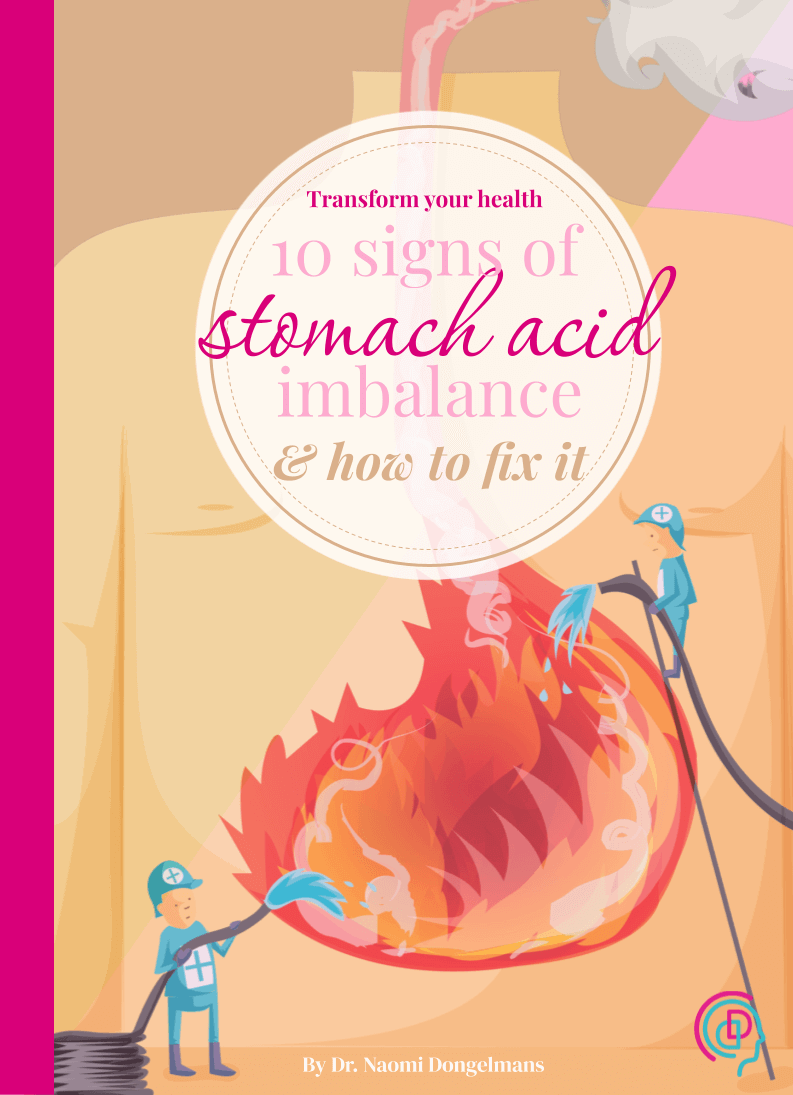


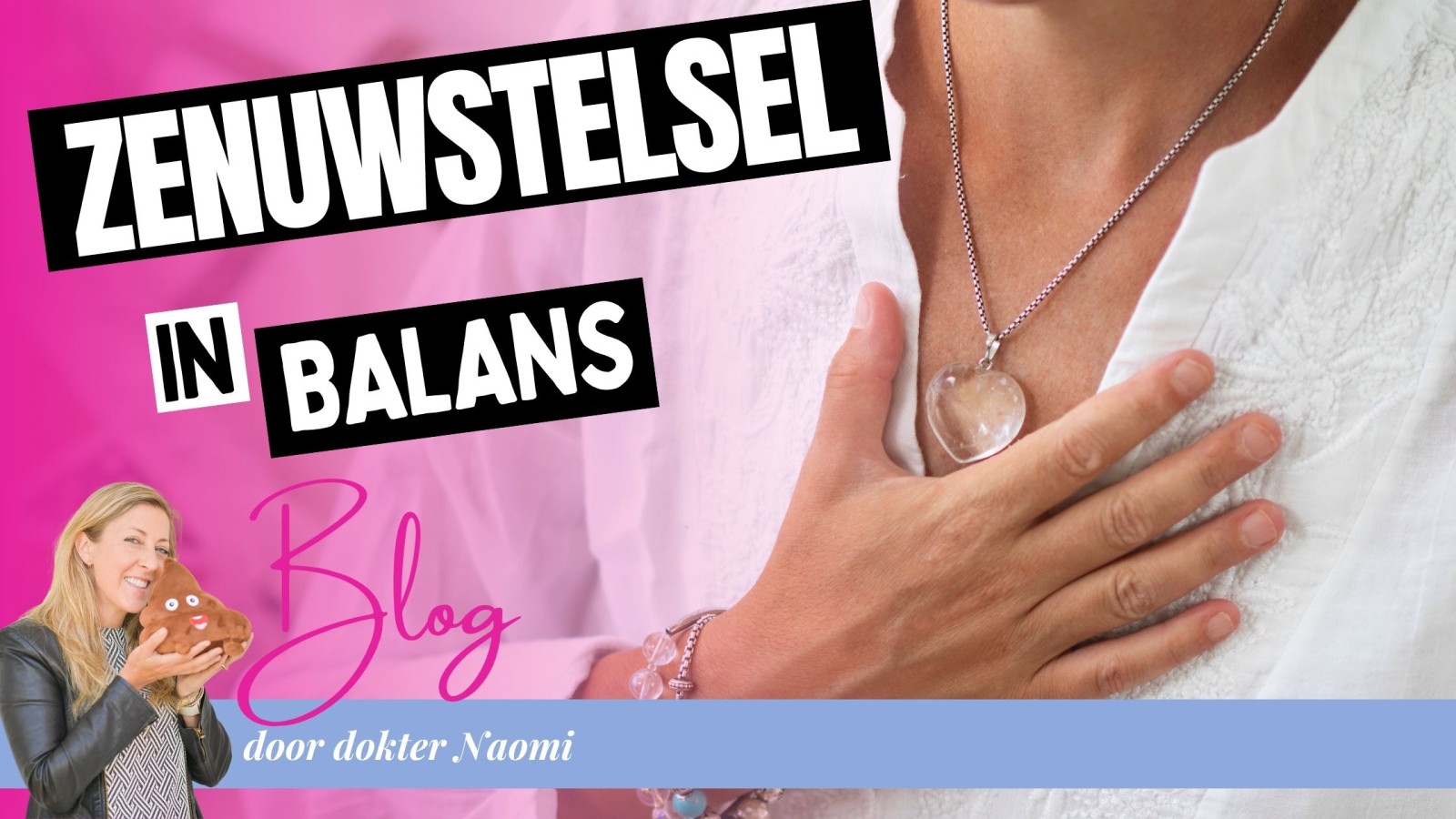


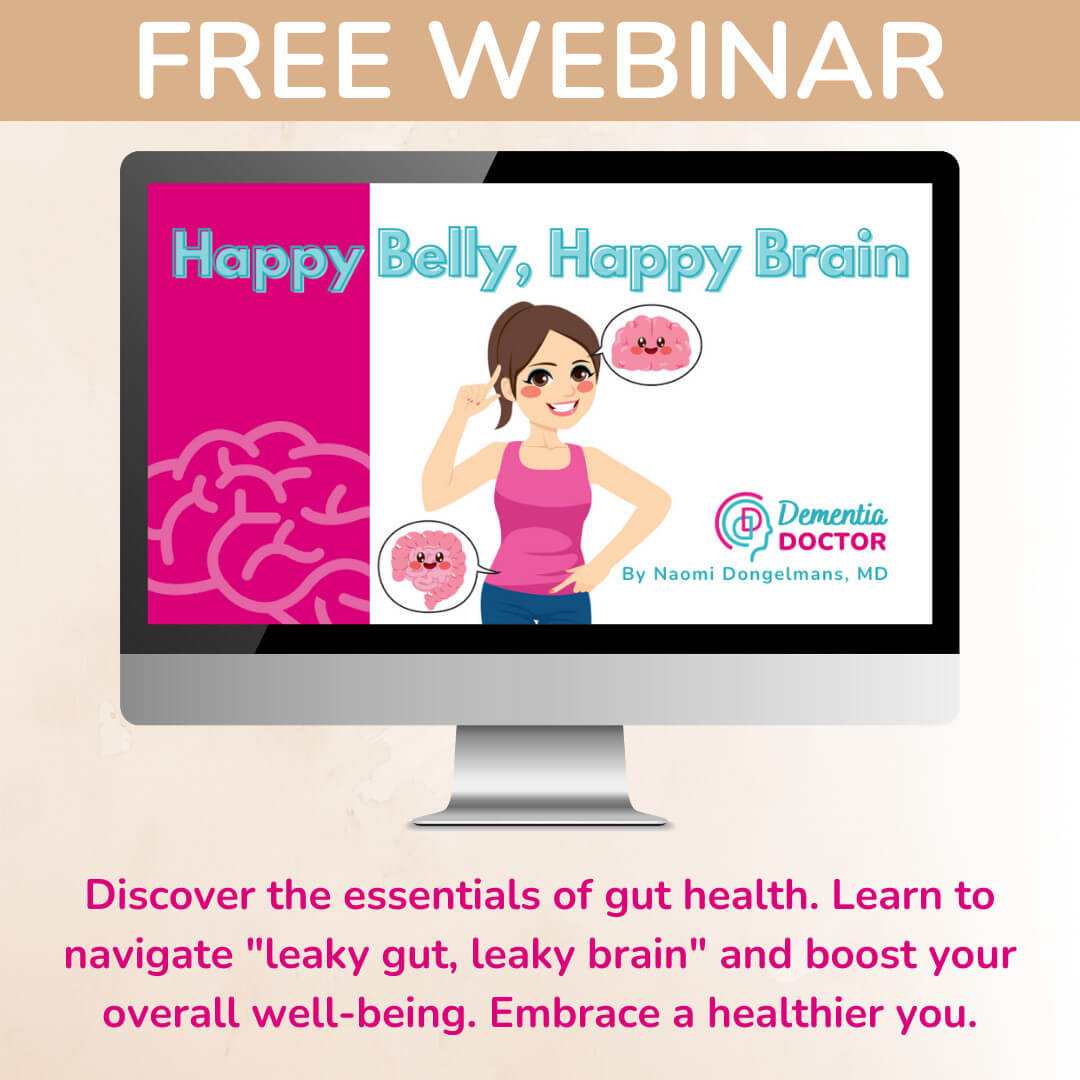







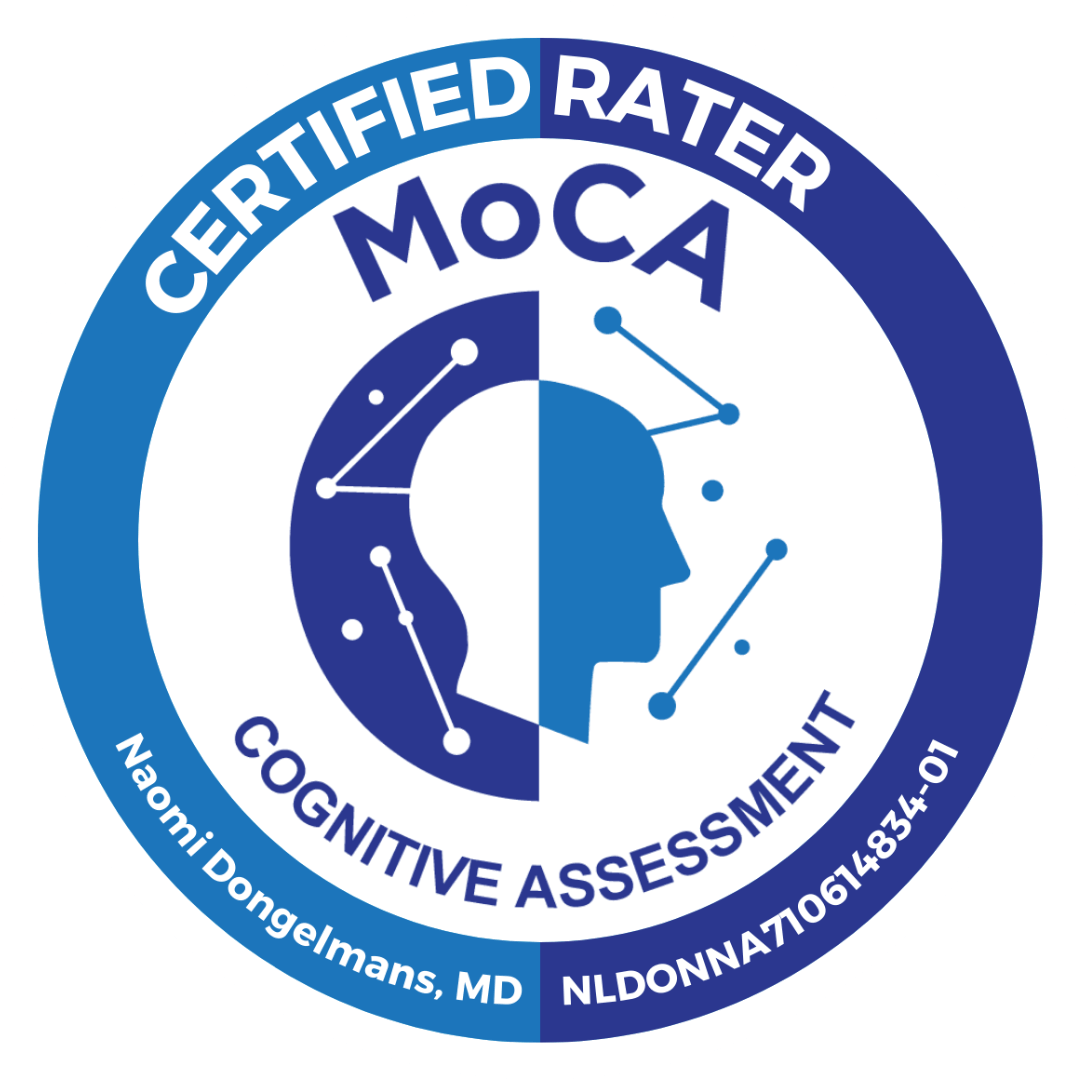





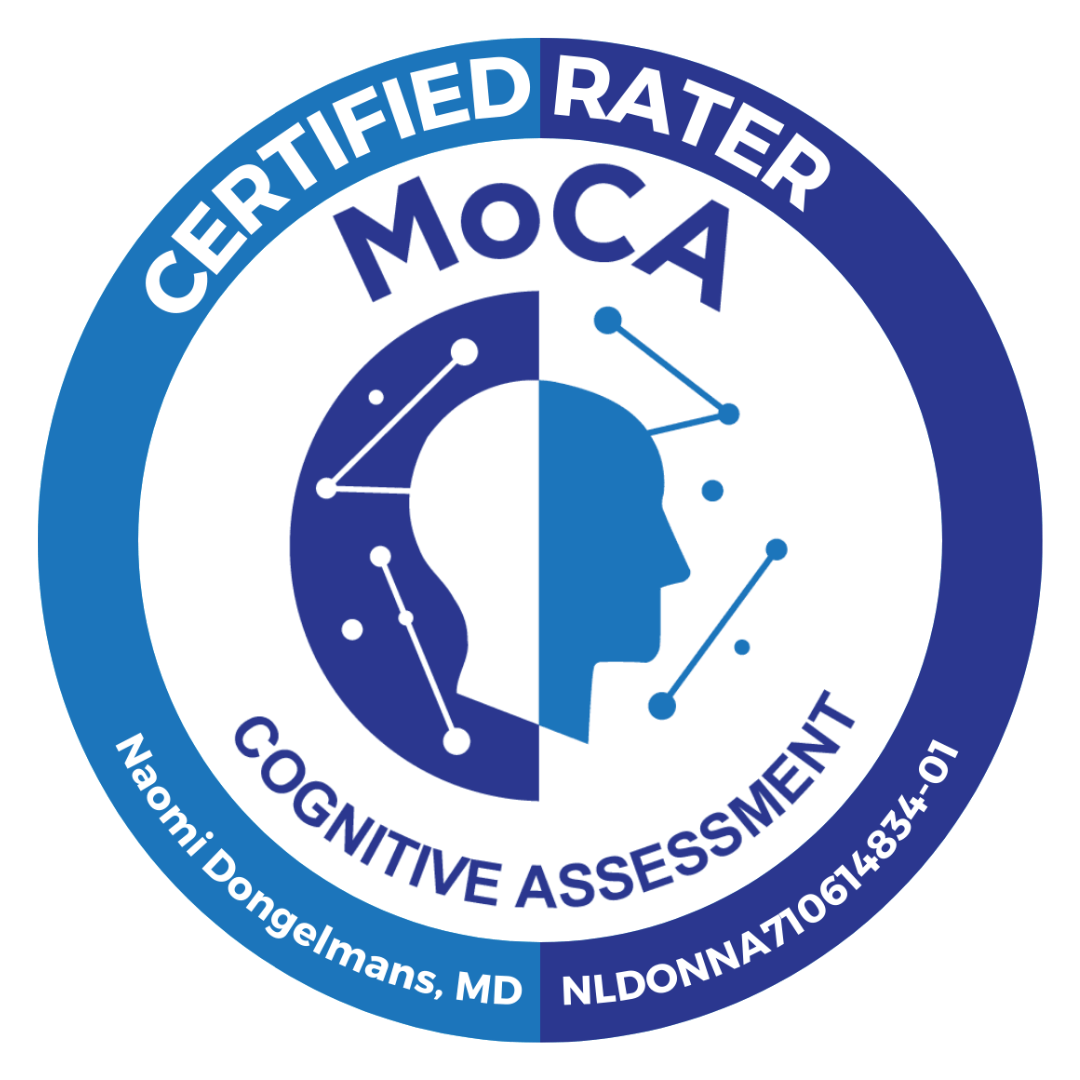

0 Comments